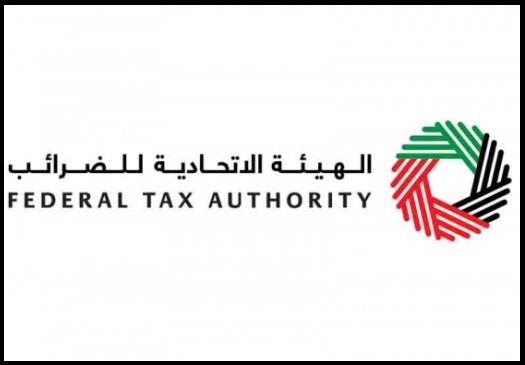
Introduction to Corporate Tax in Dubai
Dubai, an integral part of the United Arab Emirates, is globally renowned for its business-friendly environment. This environment is largely attributed to its unique approach to corporate taxation. In this article, we’ll go on a journey, exploring the many facets and intricacies of corporate tax in Dubai.
The Unique Tax Environment in Dubai
Dubai presents a tax environment that sets it apart on the world stage. But what is the genesis of this system, and what are the tax laws that govern it?
The Genesis of Dubai’s Tax System
The genesis of Dubai’s tax system lies in its vision to be a global business hub. This vision necessitated the creation of a favourable business environment, and a key pillar of this environment is a tax system that appeals to businesses. Today, Dubai boasts over 200,000 businesses, many of which are global conglomerates.
Tax Laws in the UAE
As a part of the UAE, Dubai’s tax laws are grounded in federal laws laid down by the UAE government. However, there is some flexibility in enforcing these laws, which has given it the space to carve out a unique approach to corporate tax in Dubai.
Unpacking the Corporate Tax Structure
Dubai’s corporate tax structure is not just unique, it’s a testament to the Emirate’s strategic approach towards economic growth.
The Zero Tax Policy
Dubai’s zero tax policy lies at the heart of its corporate tax structure. This policy, which exempts most businesses from paying corporate tax, has been a critical factor in Dubai’s transformation into a global business hub.
Exceptions to the Rule
There are, however, exceptions to this rule. Foreign banks and oil companies are the entities primarily required to pay corporate tax in Dubai. This strategic decision ensures that the revenue generated from Dubai’s natural resources is channelled back into its economy.
Compliance and Regulations
Though the zero tax policy is enticing, businesses in Dubai are required to comply with certain regulations, critical to maintaining the integrity of the Emirate’s tax system.
Reporting Requirements
All businesses in Dubai, irrespective of their tax status, are required to maintain accurate financial records. These records can be subject to scrutiny by the authorities at any time and must be readily available when requested.
Penalties for Non-Compliance
Dubai has strict penalties for non-compliance with its tax regulations. These can range from fines to imprisonment, depending on the severity of the violation. It’s therefore imperative for businesses to familiarise themselves with these regulations and ensure their compliance.

The Future of Corporate Tax in Dubai
While Dubai’s tax system has remained stable for a considerable duration, it’s important to consider possible future changes and how to prepare for them.
Possible Changes in Tax Laws
Global tax trends and international pressure could drive changes in Dubai’s tax laws in the future. Any such changes will be carefully considered to ensure they do not negatively impact Dubai’s position as a global business hub.
Preparing for the Future
For businesses operating in Dubai, it’s critical to stay informed and prepared for potential changes in the Emirate’s tax laws. Navigating these changes successfully will require a keen understanding of the evolving tax landscape.
Conclusion
Dubai’s corporate tax system is a beacon of economic strategy. It has been pivotal in the Emirate’s rise as a global business hub. While the future may bring changes, one thing remains certain – Dubai will continue to be a preferred destination for businesses worldwide, thanks to its unique approach to corporate taxation.
Frequently Asked Questions (FAQs)
Q: What is the corporate tax rate in Dubai? A: The general corporate tax rate in Dubai is 0% for most businesses, with exceptions for foreign banks and oil companies.
Q: Are there any other taxes that businesses need to be aware of? A: Yes, while corporate tax is generally 0%, businesses are subject to other forms of taxation such as VAT, excise tax, and customs duties.
Q: What are the reporting requirements for companies in Dubai? A: All companies, regardless of their tax status, are required to maintain and present accurate financial records when requested by the authorities.
Q: What happens if a company fails to comply with Dubai’s tax laws and regulations? A: Non-compliance with Dubai’s tax laws and regulations can result in penalties, which can range from fines to imprisonment, depending on the severity of the violation.
Q: How might global tax trends impact Dubai’s tax laws in the future? A: Global tax trends and international pressure may necessitate changes in Dubai’s tax laws in the future. However, any such changes will likely be made with careful consideration to maintain Dubai’s attractiveness as a business hub.
If you want to learn more about tax as an expat, click the button below to request an introduction.






